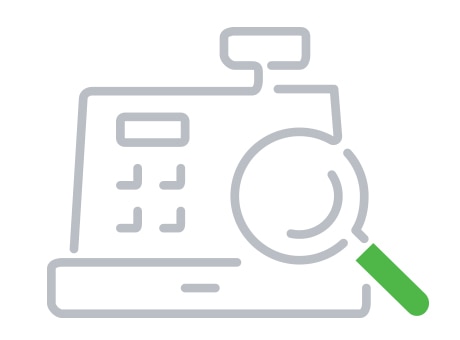Ready to launch your business? Don’t shove those receipts for startup costs in a drawer to be forgotten. The Canada Revenue Agency (CRA) lets you claim startup costs as business expenses, but you need accurate records and proof of the costs. Knowing what you can claim and keeping track of those expenses makes your job easier at tax time.

Tracking Startup Costs for Tax Deductions
Qualifying for Startup Costs Deductions
Business startup costs typically include all reasonable business expenses you incur before you officially commence business. How do you determine when your business officially becomes a business? That can be a bit of a grey area, but the CRA generally considers your business started when you begin a significant activity that supports your profit-making efforts. For example, ordering inventory for your retail establishment may be considered starting your business.
To qualify for startup costs deductions, you have to incur the costs during the same fiscal period when you start your normal business operations. You may be open for business, but you haven’t started generating revenue yet. In these cases, it’s especially important you document the exact date you begin operations, so you can show that you qualify for startup cost deductions. Be sure to itemize expenses before you open for business as startup costs and those you incur after you open as business expenses.
So what qualifies as a startup cost? Startup costs include all the things you need to get your business started. These can include physical items or intangible things that help get your business off the ground. Some examples include:
- Furniture
- Equipment
- Market research
- Consulting and legal fees
- First month’s rent
- Permits and licences
- Displays
- Signage
- Advertising costs
The specific startup costs you have depend largely on the type of business you start. You may not have all of the listed expenses, or you may have other items unique to your industry. Working with your accountant can help you determine which expenses you can deduct.
Tracking Startup Costs
Tracking startup costs with an expense-tracking system should start from the beginning. This way you can keep all of your receipts organized and documented to have a clear accounting of everything you spend. If you like to keep physical copies of receipts, you need a filing system to keep the records in order. That might be an accordion file organized by date or a larger filing cabinet with dedicated storage space and hanging folders for the records.
If you prefer a more modern approach with less physical paperwork, consider using cloud-based accounting software, such as QuickBooks Online. It makes it easy to enter your expenses and keep them organized. You can also pair QuickBooks with expense tracker apps that work with your smartphone. Those apps let you digitize your receipts and plug them into QuickBooks to simplify management and organization.
No matter how you store the documentation, it’s important to know what each receipt is for. Make sure the receipt shows the item or service you purchase along with the total cost and the date. This proves exactly how much you spend and when you spend it to show that it qualifies as a startup cost. You may also want to make notes on each entry to add more detail. It’s easy to forget what a receipt is for weeks or months after you spend the money, so those notes can help you keep everything straight.
During the excitement of starting and opening your small business, keep in mind the importance of tracking your expenses, as having solid documentation can save you lots of money at tax time. QuickBooks Online can help you maximize your tax deductions. Keep more of what you earn today.


